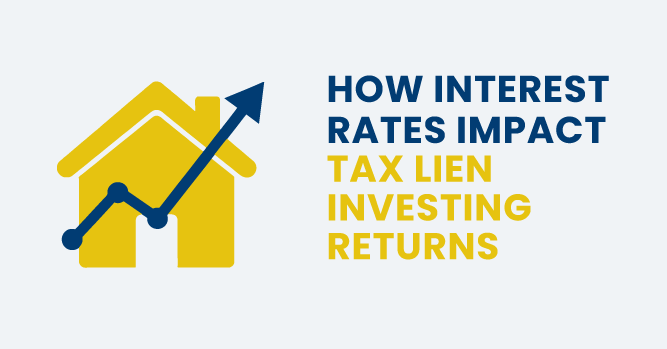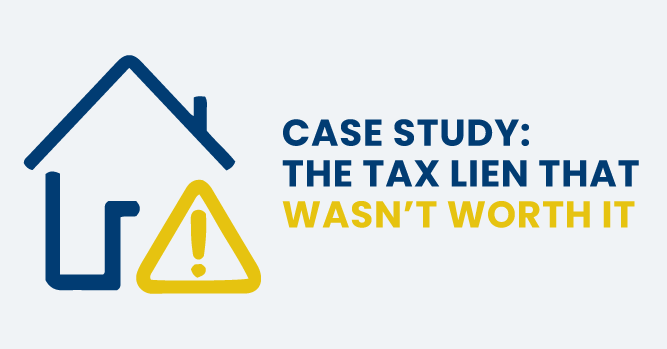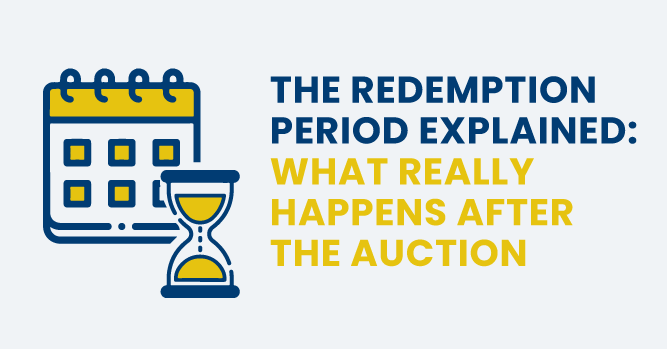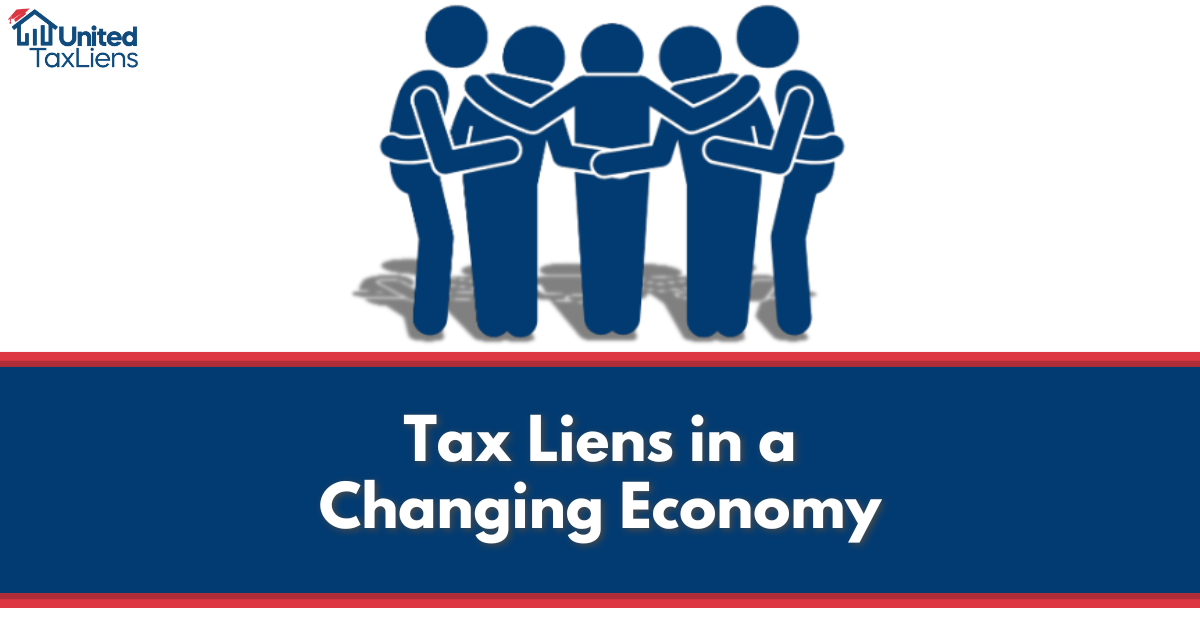
Why Tax Lien Interest Rates Matter More Than You Think
Tax lien interest rates play a major role in determining returns, competition, and timing for investors. While statutory rates may look attractive on paper, broader interest rate trends quietly influence how tax lien auctions actually play out.
Understanding how interest rates affect tax lien investing helps you see why the same lien can perform very differently depending on market conditions. The rate printed in the statute is only part of the story.
When rates are low across the broader economy, tax liens look especially attractive. Fixed statutory returns suddenly stand out compared to savings accounts, bonds, or other low-yield options. That extra attention brings more bidders into auctions, which changes outcomes quickly.
In competitive states that bid down interest rates, lower national rates often mean investors are willing to accept smaller returns. They are chasing yield wherever they can find it. As a result, winning bids tend to settle at lower interest levels than they would in a higher-rate environment.
When interest rates rise, the dynamic shifts. Investors have more alternatives, and tax lien auctions often see less aggressive bidding. That can create opportunities for disciplined buyers who understand the long game rather than chasing headline yields.
Higher rates can also affect redemption behavior. Property owners facing higher borrowing costs may struggle more to refinance or access short-term funds. In some cases, this slows redemption timelines, extending how long your capital stays tied up.
That delay cuts both ways. Interest continues to accrue, but liquidity decreases. Investors who plan for shorter holds may find higher-rate environments more frustrating than profitable.
Competition is where interest rates quietly do the most damage or create the most opportunity. When money is cheap, new investors flood auctions expecting easy returns. When money tightens, many of those same investors step back, leaving fewer bidders and more rational pricing behind.
Experienced investors pay attention to this cycle. They don’t just ask what a lien pays on paper. They ask who else is likely to be bidding and why.
It’s also important to separate statutory rates from realized returns. Even if a state allows high interest, competitive bidding can push actual yields far lower. Rising or falling interest rates outside the tax lien world influence how willing investors are to accept that tradeoff.
This is why watching interest rate trends matters even in states with fixed returns. The environment shapes behavior, not just numbers.
Tax lien investing rewards patience and awareness. Investors who understand how interest rates affect tax lien investing can adjust expectations, bidding strategies, and capital allocation before auctions ever begin. That preparation often matters more than the rate attached to any single lien.
Interest rates don’t just change yields. They change people. And in tax lien auctions, people set the price.
This blog is for informational purposes only and should not be relied upon as financial or investment advice. Real estate investing carries risks, and individual results will vary. Always consult with your team of professionals before making investment decisions. The authors and distributors of this material are not liable for any losses or damages that may occur as a result of relying on this information.










